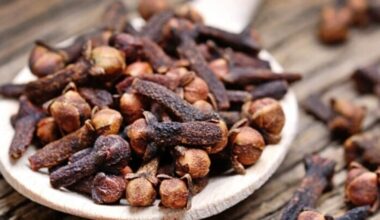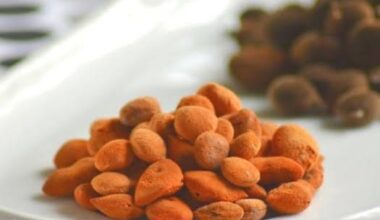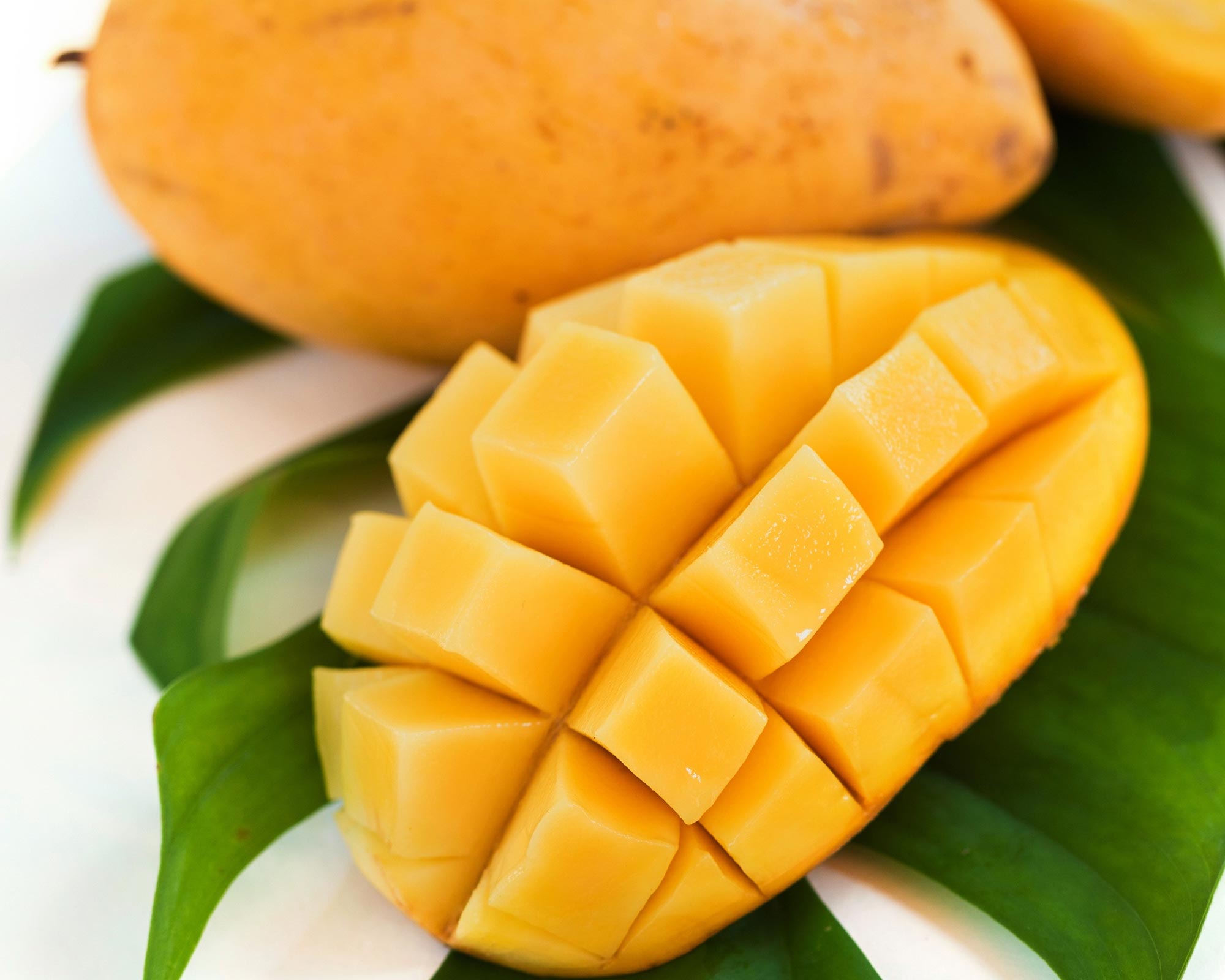Type 2 diabetes is a chronic condition that affects millions of people worldwide. While genetics and lifestyle factors play a role in its development, one of the most significant influences is the food we consume.
A diet rich in certain food groups can increase the risk of developing type 2 diabetes. In this article, we will explore the foods to watch out for and provide practical tips on how to make healthier dietary choices.
Highly Processed Carbohydrates
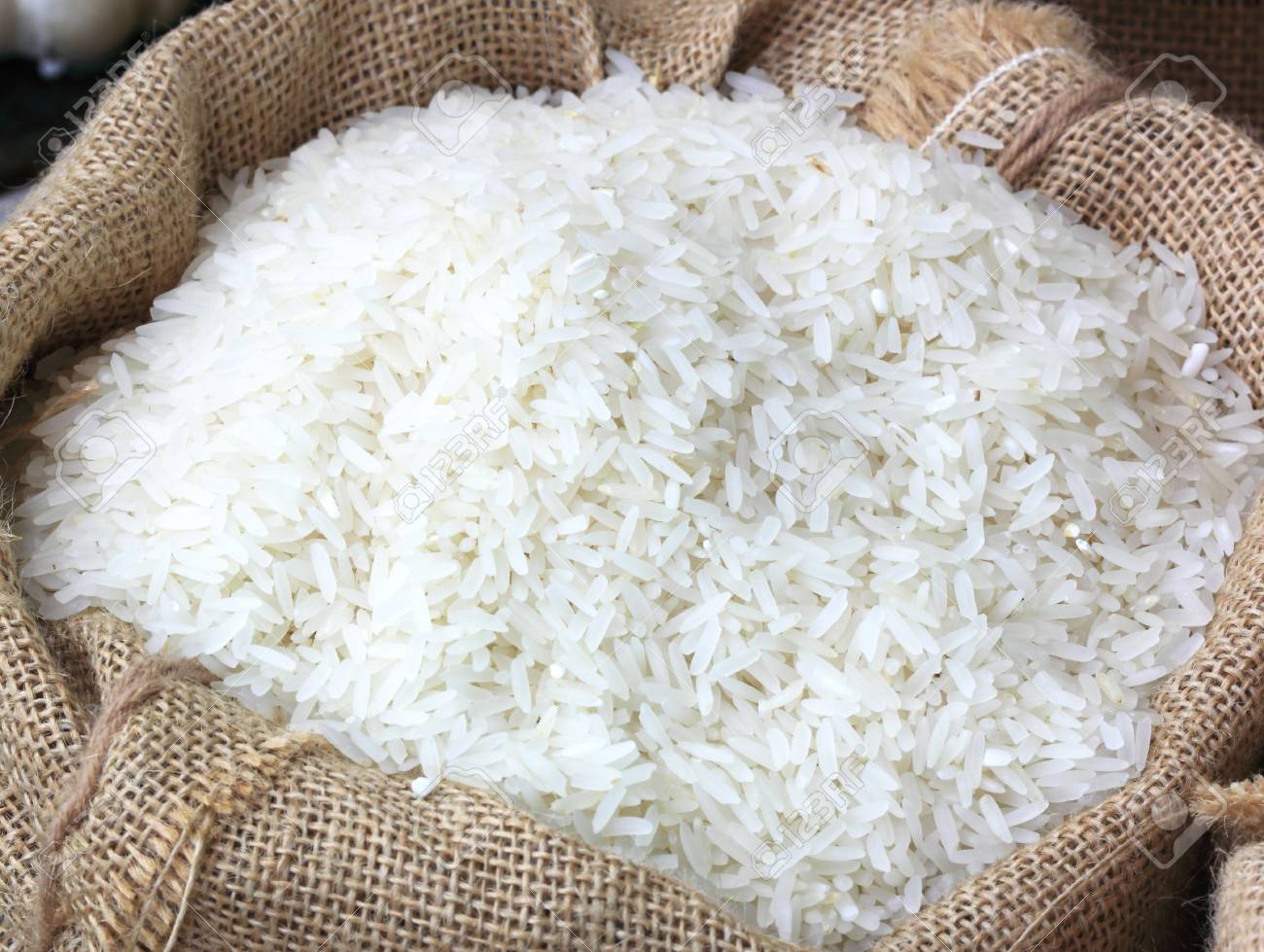
Heavily processed carbohydrates, such as those made with white flour, white sugar, and white rice, are stripped of important nutrients, including fiber, vitamins, and minerals. These empty calorie foods can cause spikes in blood sugar and insulin levels, leading to an increased risk of type 2 diabetes.
A study conducted in the Netherlands revealed that a diet heavy in junk food, characterized by soft drinks, fries, and chips, increased the risk of type 2 diabetes by a staggering 70 percent. Similarly, a study in Chinese women found that a diet high in heavily processed carbohydrates raised the risk of type 2 diabetes by 21 percent. To reduce your risk, it is essential to limit your intake of foods made with processed carbohydrates such as bread, muffins, cakes, crackers, and pasta. Opting for whole-grain alternatives is a healthier choice as they contain more fiber and nutrients.
Sugar-Sweetened Drinks

Sugary beverages like sodas, sweet teas, and lemonades have long been associated with an increased risk of type 2 diabetes. The excess calories in these drinks can lead to weight gain, and the high sugar content may contribute to insulin resistance.
A study in Diabetes Care found that consuming one to two sugary drinks per day increased the risk of type 2 diabetes by 26 percent. To minimize the impact of sugar on your health, it is crucial to limit your intake of sugar-sweetened beverages, including fruit drinks. Instead, opt for water as your primary source of hydration and avoid adding sugar and cream to your coffee or tea.
Saturated and Trans Fats

Unhealthy fats, particularly saturated and trans fats, can increase cholesterol levels in the blood, which is a risk factor for type 2 diabetes. Trans fats are commonly found in packaged baked goods and fried foods, while saturated fats can be found in fatty meats, butters, and full-fat dairy products.
To reduce your intake of saturated fats, consider cooking and baking with healthier oils like olive oil or canola oil. Snacking on nuts instead of sweets, choosing lean meats and poultry without the skin, and opting for vinaigrette dressings over creamy ones are all practical strategies to minimize saturated fat consumption. By making these small changes, you can protect your heart health and lower your risk of type 2 diabetes.
Red and Processed Meats

Both red meat and processed red meat have been linked to an increased risk of developing type 2 diabetes. Processed meats like bacon, hot dogs, and deli meats are particularly harmful due to their high sodium and nitrite content.
A study published in The American Journal of Clinical Nutrition found that consuming just one 3-ounce serving of red meat per day increased the risk of type 2 diabetes by 19 percent. The risk rose to 51 percent for an even smaller amount of processed red meat. To lower your risk, consider replacing red and processed meats with alternative sources of protein such as wild Alaskan salmon, small fish like sardines, organic poultry, and eggs. Incorporating these options into a predominantly plant-based diet can be highly beneficial for your overall health.
The Role of Fiber in Fighting Diabetes
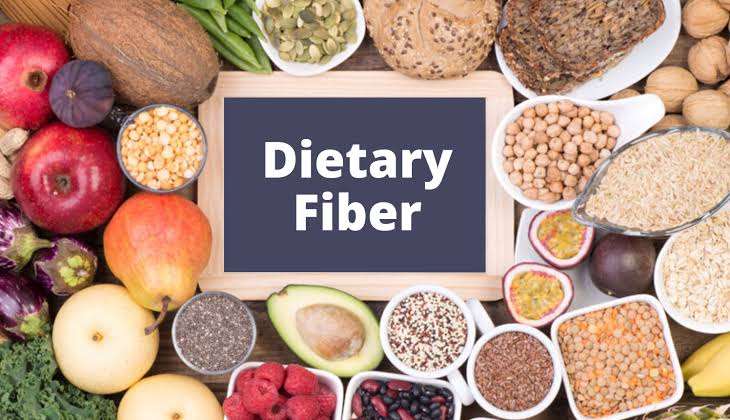
A diet rich in fiber has been shown to help prevent and manage type 2 diabetes. Fiber helps regulate blood sugar levels, improves insulin sensitivity, and promotes a healthy weight.
There are two types of fiber: soluble and insoluble. Soluble fiber, found in foods like oats, lentils, beans, and fruits, dissolves in water and forms a gel-like substance in the digestive tract. This gel slows down the digestion process, preventing rapid spikes in blood sugar levels. Insoluble fiber, found in whole grains, nuts, and vegetables, adds bulk to the stool, promoting regular bowel movements and aiding in weight management.
To increase your fiber intake, aim to include a variety of fruits, vegetables, whole grains, legumes, and nuts in your diet. Gradually increasing your fiber intake and staying well-hydrated will help prevent digestive discomfort often associated with sudden dietary changes.
The Importance of Portion Control in Avoiding Excess Calories

Controlling portion sizes is crucial for maintaining a healthy weight and reducing the risk of type 2 diabetes. Consuming excess calories, even from healthy foods, can contribute to weight gain and insulin resistance.
To practice portion control, consider the following strategies:
- Use smaller plates and bowls to visually trick yourself into thinking you are eating more.
- Measure and weigh your food to become more aware of appropriate portion sizes.
- Pay attention to hunger and fullness cues. Eating slowly and mindfully can help you recognize when you are satisfied and prevent overeating.
By adopting these portion control techniques, you can enjoy a wide variety of foods while still maintaining a healthy weight and reducing your risk of type 2 diabetes.
The Mediterranean Diet: A Diabetes-Friendly Eating Plan

The Mediterranean diet has gained significant attention for its numerous health benefits, including its potential to prevent and manage type 2 diabetes. This eating plan emphasizes whole, minimally processed foods and is rich in fruits, vegetables, whole grains, legumes, nuts, and olive oil.
Research has shown that following a Mediterranean-style diet can improve blood sugar control, reduce insulin resistance, and lower the risk of developing type 2 diabetes. The diet’s emphasis on healthy fats, lean proteins, and complex carbohydrates makes it an excellent choice for overall health and diabetes prevention.
The Role of Physical Activity: Complementing a Healthy Diet

While dietary choices are crucial in preventing type 2 diabetes, regular physical activity plays an equally important role. Exercise helps control weight, improves insulin sensitivity, and lowers the risk of developing chronic diseases, including diabetes.
Engaging in moderate-intensity activities like brisk walking, swimming, or cycling for at least 150 minutes per week is recommended for overall health and diabetes prevention. Additionally, incorporating strength training exercises two or more times per week can further enhance insulin sensitivity and promote a healthy body composition.
Seeking Professional Guidance: Consulting a Registered Dietitian

If you are unsure how to make the necessary dietary changes to reduce your risk of type 2 diabetes, consider seeking the guidance of a registered dietitian. These professionals specialize in nutrition and can provide personalized recommendations tailored to your specific needs and preferences. They can help you create a well-balanced meal plan, navigate food choices, and address any concerns or challenges you may encounter along the way.
Conclusion
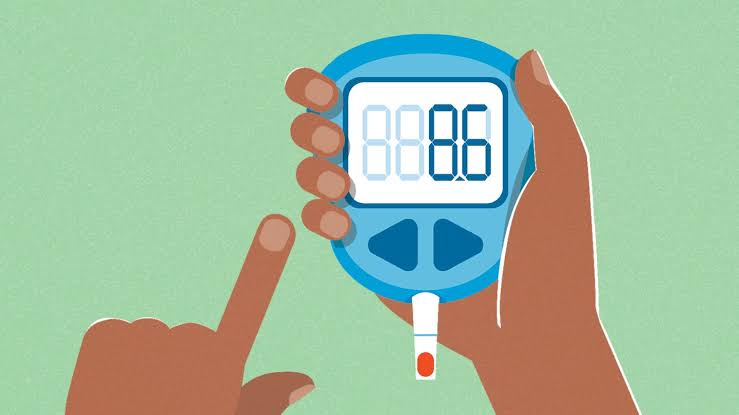
Making healthier dietary choices is crucial for reducing the risk of type 2 diabetes. By avoiding highly processed carbohydrates, sugar-sweetened drinks, unhealthy fats, and excessive consumption of red and processed meats, you can take proactive steps toward a healthier future. Incorporating fiber-rich foods, practicing portion control, and considering the Mediterranean diet can further enhance your diabetes prevention efforts. Remember, a balanced diet, regular physical activity, and professional guidance are key components of a healthy lifestyle and can significantly reduce the risk of developing type 2 diabetes.



